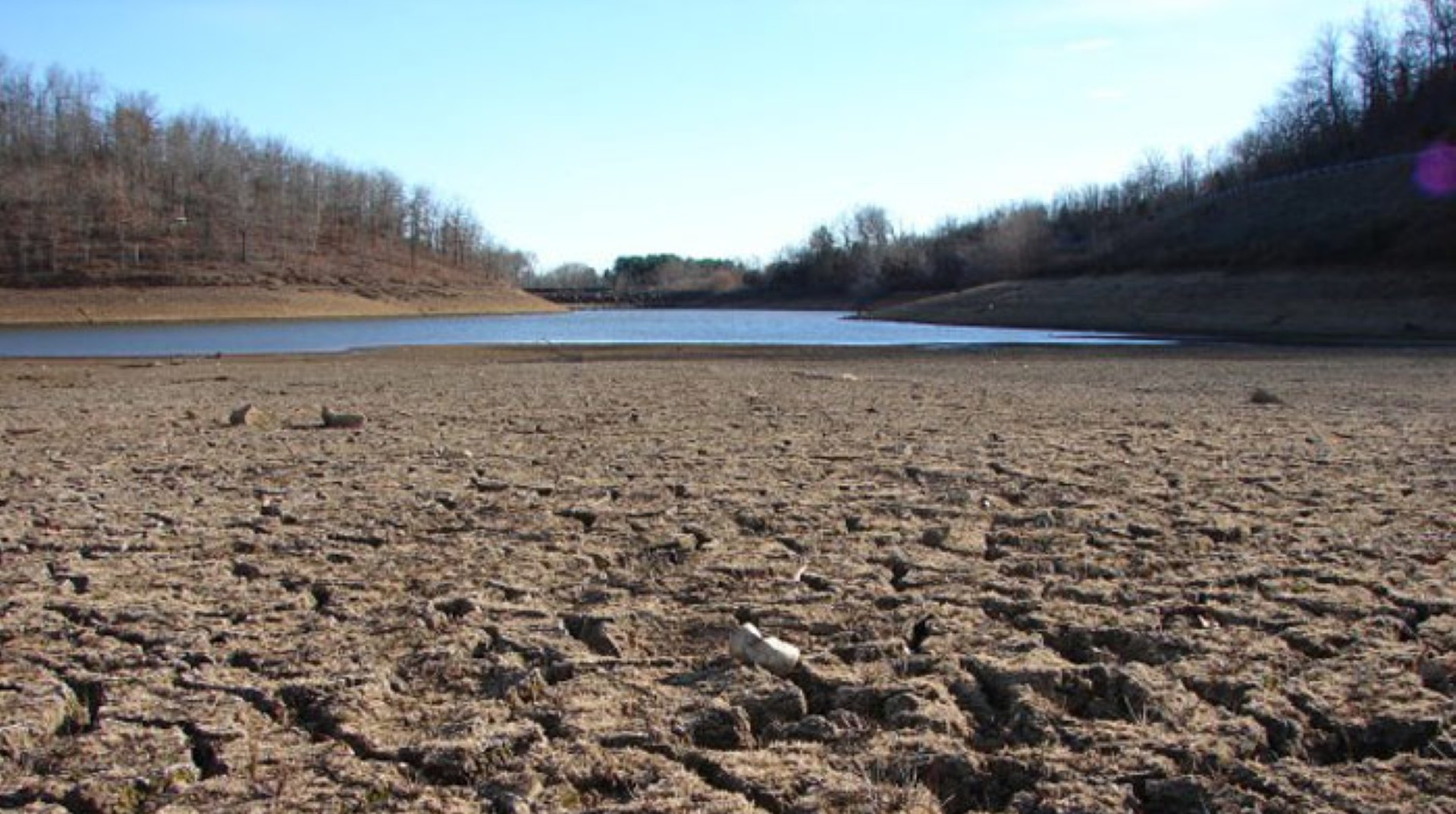America Is Getting Thirsty
Photo by National Oceanic and Atmospheric Administration
There’s a water crisis in Texas, and this spring, the governor declared a county-wide disaster. While scarcity of our most necessary resource has typically shown up in our newsfeeds from faraway places, people who live in the hottest, driest areas of America know thirst is a very local nightmare. And it’s spreading.
Florida, my sinking home state, has been one of the most obvious sites of the negative impacts of climate change: Devastating storms swell over the warm Gulf waters before they slam through every year. Sinkholes open randomly, swallowing streets and farms and bedrooms. Home prices diminish in coastal towns where houses lean and eventually crash into the sea. Then there’s the water crisis, which experts predict will dry out the state to a degree that can no longer be ignored as early as this year.
Several factors contribute to the upcoming shortage: Erosion and storms reduce the freshwater supply, as saltwater seeps into the groundwater. Pollution runoff from farms produces the perfect conditions for toxic algae to bloom in abundance, making the water poisonous. Over pumping freshwater increases the invasion of saltwater and weakens the ground so it’s more apt to sink.
-

-

-

-

-

-

-

-

-

-

-

-

-

-

-

-

-

-

-

-

-

-

-

-

-

-

-

-

-

-

-

-

-

-

-

-

-

-

-

-

-

-

-

-

-

-

-

-

-

-

-

-

-

-

-

-

-

-

-

-

-

-

-

-

-

-

-

-

-

-

-

-

-

-

-

-

-

-

-

-

-

-

-

-

-

-

-

-

-

-

-

-

-

-

-

-

-

-

-

-

-

-

-

-

-

-

-

-












































































































